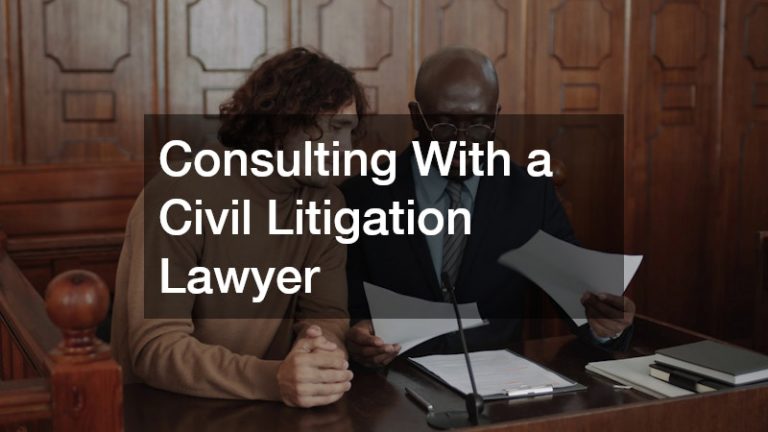

If you witness unlawful activity or have concerns about unsafe behavior or conditions within your workplace, you may be afraid of the consequences of reporting these actions to the proper authorities. This is where whistleblower protection comes in. Laws that involve whistleblower policy are in place to protect employees from retaliation as a result of relaying the information. But because the type of protection varies from state to state, whistleblower retaliation is an unfortunate reality for some employees. In fact, 22% of people who reported workplace wrongdoing experienced retaliation as a direct result. If you’ve experienced negative consequences as a result of reporting these incidents, you may have a viable whistleblower retaliation case.
Whistleblower protection is in place so that employees can help to stop, report, or testify about illegal, unsafe, unhealthy, or prohibitory actions conducted by their employer. Typically, whistleblower cases might include violation of company policies, fraud, corruption, or threats to public interest or national security. Usually, these claims do not involve personal issues that affect a single person. However, if an employer interferes with workers’ personal rights — such as the right to minimum wage, to be free from workplace discrimination, or the right to join a union — whistleblower cases may involve these issues.
The definition of protected whistleblower activity varies greatly within the U.S., as does the allowed statute of limitations. But if an employee is fired or targeted as a result of filing a claim against his or her employer, then the employee may be able to file legal action in the form of whistleblower retaliation cases. A whistleblower lawyer can help you prove that your discharge was discriminatory, based on your whistleblower activities. In order to prove this, here are some of the factors that are taken into consideration:
- Whether the employer had knowledge of or hostile attitude towards protected conduct of employee
- Whether the employer expressed positive attitude towards employee’s work record in the past
- Whether treatment of employee changed leading up to discharge, and whether similar employees were treated the same
- Specifics of termination procedure and timing
- Whether threats or retaliation attempts were made against other employees
- Whether there were complaints made against the employee or employer in the past
- The seriousness of the alleged offense
There are several other factors that are taken into consideration, which your whistleblower attorney can explain in greater detail. But if you find that your employer has exhibited any of these characteristics after you have reported the activity, you probably have a good whistleblower retaliation case in the making. If your employment or livelihood has been threatened or terminated by your employer because you blew the whistle on unlawful activity, contact a whistleblower lawyer right away.



